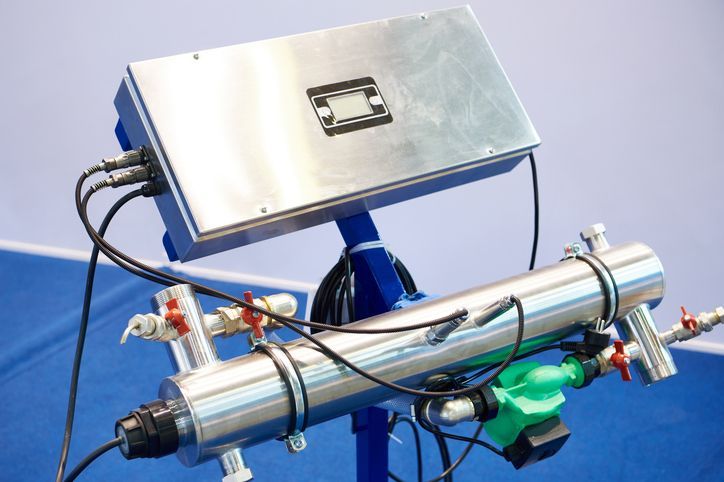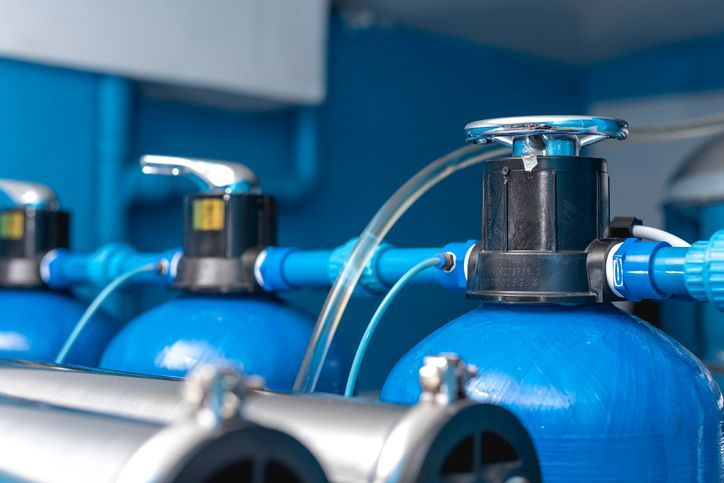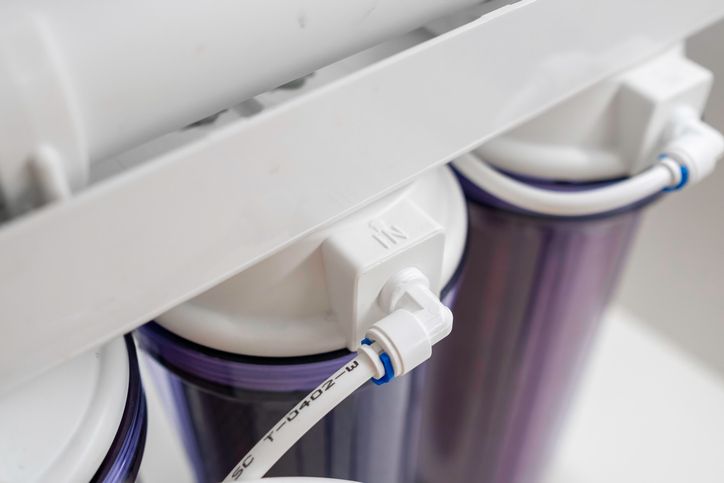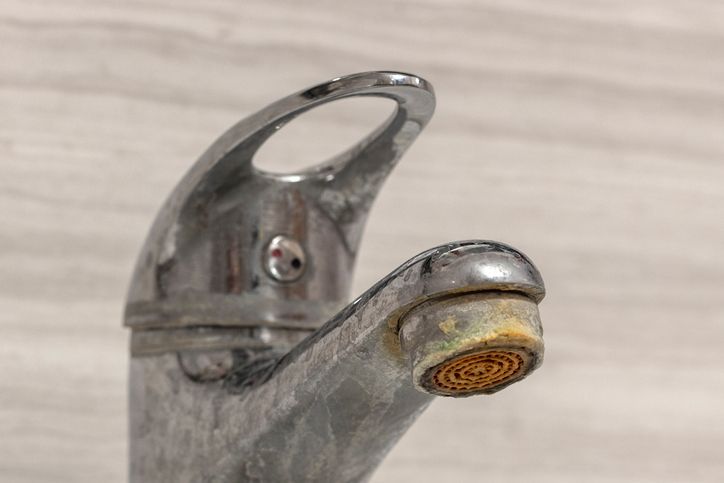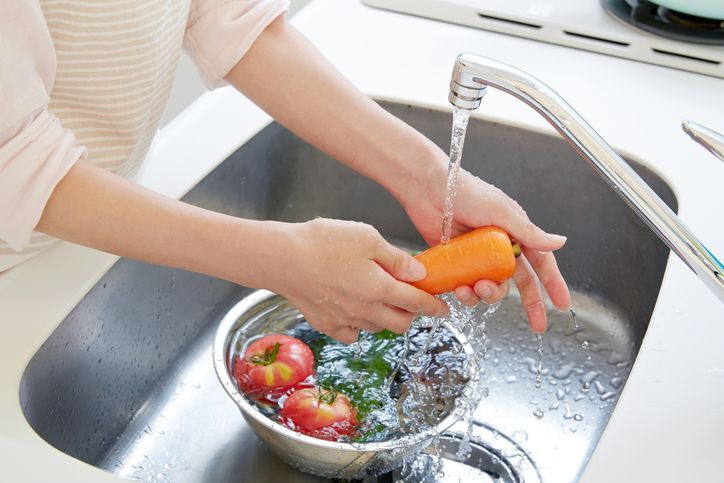How Water Filtration Provides Clean Water, Thriving Plants, and Healthy Homes
Why Water Quality Matters

Water is at the heart of a healthy home and a thriving garden. Yet, many homeowners overlook the quality of their water, assuming that what comes from the tap is always clean and safe. Water can contain various contaminants that affect both human health and plant vitality. From the water you drink to the water you use for cooking, cleaning, and gardening, ensuring its purity is essential for a well-balanced home environment.
Unfiltered water often carries unwanted substances, including chlorine, heavy metals, pesticides, and bacteria. These contaminants can cause skin irritation, digestive issues, and allergic reactions in people while also harming plants by disrupting their ability to absorb nutrients properly. Additionally, hard water—rich in minerals like calcium and magnesium—can lead to scale buildup in pipes and appliances, reducing their efficiency and lifespan.
Beyond personal health, poor water quality can negatively impact the greenery around your home. Plants are highly sensitive to certain chemicals and impurities in water, which can lead to slow growth, discoloration, and weakened roots. Garden enthusiasts who rely on municipal water may unknowingly introduce elements that stress their plants rather than nourish them.
Taking a holistic approach to water quality means considering every way water is used in daily life—from hydration and hygiene to plant care and appliance maintenance. Investing in a water filtration system or using natural purification methods can ensure that your entire household benefits from cleaner, safer water. By addressing water quality at every level, you create an environment where both your family and your garden can truly flourish.
The Science of Water Contaminants
Water is vital for human life and plant health, but not all water is created equal. Depending on its source, water can carry a variety of contaminants that affect household safety, plumbing efficiency, and plant vitality. These contaminants originate from municipal treatment processes, industrial runoff, agricultural practices, and even natural deposits in the environment.
Understanding these common pollutants and their impact can help homeowners take proactive steps to improve water quality.
Common Water Contaminants and Their Effects
1. Chlorine: Necessary but Problematic
Chlorine is widely used in municipal water systems to disinfect and kill bacteria and other harmful microorganisms. While it is essential for making water safe to drink, it can have negative effects when present in high concentrations.
For humans, chlorine exposure—whether through drinking, bathing, or even inhaling steam from showers—can lead to skin irritation, dryness, and respiratory discomfort. It also removes natural oils from the hair and skin, leaving them dry and brittle.
For plants, chlorine disrupts the natural ecosystem of soil by killing beneficial microbes that help with root development and nutrient absorption. These microorganisms play a critical role in helping break down organic matter and making nutrients bioavailable to plants. Without them, plant growth may slow, and the overall soil structure can degrade.
A high-quality filtration system can help remove excess chlorine, ensuring safer water for both household use and gardening.
2. Heavy Metals: Silent but Dangerous
Heavy metals like lead, mercury, and arsenic are some of the most dangerous water contaminants. These substances often enter the water supply through corroded pipes, industrial pollution, or natural mineral deposits in the ground.
Lead:
Exposure to lead can lead to serious health problems, particularly in children, including developmental delays, neurological damage, and kidney dysfunction. Lead contamination often originates from old plumbing systems where lead pipes or solder were used.
Mercury: This toxic metal can accumulate in the body over time, affecting the nervous system and causing cognitive and motor function impairments.
Arsenic:
Naturally occurring in some groundwater sources, arsenic has been linked to various health risks, including cancer and cardiovascular diseases.
Heavy metals in irrigation water can be equally destructive for plants. They accumulate in the soil and interfere with nutrient uptake, leading to stunted growth, leaf discoloration, and even plant toxicity. In severe cases, crops irrigated with contaminated water can pass heavy metals to humans through consumption.
Installing a water filtration system capable of removing heavy metals, such as a reverse osmosis system or activated carbon filter, is an effective way to safeguard both human health and plant well-being.
3. Sediments and Minerals: The Hidden Blockages
Sediments, such as sand, dirt, and rust particles, enter water through aging pipes, natural erosion, and runoff from construction or industrial sites. While these particles are not always harmful to human health, they can cause significant plumbing issues, including clogged pipes and reduced water pressure.
Hard water—rich in minerals like calcium and magnesium—can also lead to limescale buildup in appliances such as dishwashers, washing machines, and water heaters. Over time, this reduces their efficiency and shortens their lifespan, leading to expensive repairs and replacements.
Excess minerals in water can alter soil pH, making it more alkaline. This shift in pH can prevent plants from absorbing key nutrients like nitrogen, phosphorus, and potassium, which are essential for healthy growth. Certain plants, like azaleas or blueberries, thrive in slightly acidic soil, and hard water can negatively impact their ability to flourish.
Using a sediment filter or water softener can help address these issues, ensuring that both household water systems and gardens remain in optimal condition.
4. Pesticides and Herbicides: The Agricultural Threat
Pesticides and herbicides used in farming and landscaping can leach into groundwater or be carried into rivers and lakes through runoff. Even municipal water treatment plants cannot always remove these chemical residues altogether, meaning they can end up in tap water.
Exposure to certain pesticides has been linked to hormone disruption, nervous system damage, and an increased risk of certain cancers in humans.
These chemicals can cause long-term damage to plants by affecting root health and microbial diversity in the soil. When absorbed by plants, pesticides and herbicides can also reduce beneficial insect populations, further disrupting the balance of a healthy garden ecosystem.
A high-quality carbon filter or specialized filtration system designed to remove chemical contaminants can help mitigate the risks associated with pesticide exposure.
5. Microorganisms and Bacteria: Unseen but Harmful
Although municipal water treatment systems are designed to remove bacteria and other pathogens, contamination can still occur due to aging infrastructure, flooding, or well water contamination. Common waterborne pathogens include:
- E. coli: A bacterium that can cause severe gastrointestinal issues and foodborne illness.
- Giardia: A parasite that leads to digestive problems, such as diarrhea and dehydration.
- Legionella: The bacterium responsible for Legionnaires’ disease, a severe lung infection.
For plants, bacteria-laden water can lead to root rot, mold, and fungal infections that weaken plant health. Some microorganisms can also disrupt the delicate balance of nutrients in the soil, leading to diminished crop yields and unhealthy foliage.
Boiling water, UV sterilization, and advanced filtration methods like reverse osmosis can help eliminate harmful microorganisms, ensuring safe water for both human consumption and plant irrigation.
Impact of Poor Water Quality on Indoor Plants and Gardens
Have you noticed stunted growth, yellowing leaves, or a lack of flowering in your plants despite careful care? The culprit might be your water. Many gardeners focus on factors like sunlight, soil composition, and fertilizer but overlook water quality, which plays an essential role in plant health. Contaminants in unfiltered water can disrupt nutrient absorption, weaken root systems, and degrade soil over time.
How Contaminated Water Affects Plant Health
Water is a primary medium through which plants receive nutrients. However, when it contains impurities such as chlorine, heavy metals, and excess minerals, plants may struggle to absorb the nutrients they need to thrive. Contaminated water can cause:
Restricted root development – Heavy metals and excess minerals accumulate in the soil, making it difficult for roots to expand and take up nutrients. This results in weak plants that are more susceptible to stress.
Reduced resistance to pests and diseases
– Plants weakened by poor water quality become more vulnerable to insect infestations and fungal infections. Healthy plants have natural defense mechanisms, but when they are stressed, their ability to fend off pathogens diminishes.
Poor soil structure and loss of fertility — Over time, contaminants like chlorine and hard water minerals can kill beneficial soil microbes, leading to compacted soil that does not effectively retain moisture or nutrients.
Indoor plants are especially susceptible to these issues because they rely solely on household water, which often contains high levels of chlorine and other chemicals. Unlike outdoor plants, which benefit from natural rainfall that helps flush out excess minerals and chemicals, houseplants can experience a gradual buildup of harmful substances in their pots.
The Effects of Specific Water Contaminants on Plants
1. Chlorine: A Common but Harmful Additive
Municipal water is typically treated with chlorine to eliminate bacteria and pathogens. While this makes it safe for human consumption, it can have unintended consequences for plants. Chlorine disrupts the delicate microbial balance in the soil, killing off beneficial bacteria that help break down organic matter and make important nutrients available to plants. Some sensitive plants, such as ferns, orchids, and certain tropical species, exhibit leaf burn or browning edges when exposed to high chlorine levels. Over time, chlorine can weaken plants and stunt growth, particularly in potted indoor plants where water does not drain as freely.
Solution:
Letting tap water sit uncovered for 24 hours before watering allows chlorine to evaporate. However, for those watering large gardens or extensive plant collections, a water filtration system that removes chlorine is a more efficient solution.
2. Heavy Metals: Toxic Accumulation in Soil
Lead, mercury, arsenic, and copper can enter water supplies through old pipes, industrial runoff, or natural deposits. These metals are toxic to both humans and plants. Heavy metals accumulate in soil, making it difficult for plant roots to take up essential nutrients. Symptoms of heavy metal toxicity in your plants include yellowing leaves, weak stems, and slow growth. Plants exposed to high levels of lead can suffer from root deformities, which can lead to poor nutrient absorption and an overall decline in health.
Solution:
Using a reverse osmosis or activated carbon filtration system helps remove heavy metals from water before they reach your plants.
3. Excess Minerals and Hard Water Issues
Hard water, which contains high levels of magnesium and calcium, is common in many households. While these minerals are beneficial in small amounts, excessive accumulation can be detrimental. Hard water leads to salt buildup in the soil, which prevents plants from absorbing moisture effectively. This can cause wilting, browning leaf tips, and stunted growth. Over time, mineral deposits can form a crust on the surface of potted plants, reducing water penetration and aeration. Some plants, such as cacti, can tolerate hard water better than others, but long-term exposure can still impact their health.
Solution:
Installing a water softening system or collecting rainwater for irrigation can help mitigate hard water issues.
4. Sodium and Chemical Salts: Dehydration Risks
Tap water often contains added sodium, which can negatively impact plant health. Sodium in high concentrations interferes with the osmotic balance of plant cells, making it harder for plants to absorb water. Symptoms of sodium toxicity include leaf curling, scorched leaf edges, and reduced photosynthesis efficiency. In soil, sodium can alter structure by causing compaction, reducing drainage, and limiting oxygen availability to roots.
Solution:
Using a water filtration system designed to remove sodium or diluting tap water with collected rainwater can help protect plants.
How Outdoor Gardens Are Affected
While outdoor plants have greater access to natural water sources such as rain, they are not immune to water quality issues. Over time, repeated use of contaminated tap water can affect soil health and plant productivity.
Soil Degradation:
Excess minerals and salts build up in garden beds, leading to poor drainage and compacted soil.
Decreased Crop Yields:
Vegetable gardens exposed to contaminated water may experience lower fruit and vegetable production as plants struggle to take in the necessary nutrients.
Weaker Root Systems:
Poor water quality can result in weak, shallow roots, making plants more susceptible to drought and extreme weather conditions.
Choosing the Best Water for Your Plants
Investing in a water filtration system ensures that your plants receive clean, chemical-free hydration, supporting strong root growth and vibrant foliage. There are several ways to improve water quality for gardening:
- Filtered Water: A high-quality filtration system removes harmful chemicals, heavy metals, and excess minerals.
- Rainwater Collection: Harvesting rainwater provides plants with naturally soft, chemical-free water that encourages healthy growth.
- Distilled Water: Distilled water eliminates most contaminants for particularly sensitive plants but lacks essential minerals, so it may need supplementation with natural fertilizers.
- Aeration & Settling: Allowing tap water to sit for a day helps chlorine evaporate, reducing its impact on plants.
The Long-Term Benefits of Clean Water for Plants
Using high-quality water for irrigation has numerous long-term benefits:
- Improved Soil Structure: Healthy, microbe-rich soil leads to better plant growth and resilience.
- Higher Yield for Fruits and Vegetables: Crops grown with clean water produce more abundant, nutrient-rich harvests.
- Stronger, More Vibrant Plants: Houseplants and garden plants grow faster, greener, and more resistant to disease.
By ensuring that your indoor plants and gardens receive clean, filtered water, you can create an optimal growing environment that supports plant health year-round. Clean water is not just beneficial for human consumption—it is essential for nurturing thriving, beautiful plants that will enhance your home and outdoor space for years to come.
Experience Cleaner Water With Aqua Solutions
A whole-home water filtration system isn’t just an investment in cleaner water—it’s a commitment to a healthier home and a thriving garden. By ensuring that your water is free of harmful contaminants, you can:
- Improve plant health and soil fertility.
- Reduce exposure to allergens and toxins.
- Enhance the efficiency of home appliances.
- Support a more sustainable, eco-friendly lifestyle.
At Aqua Solutions, we’re dedicated to helping Pittsburgh-area homeowners achieve the highest water quality possible. As a locally owned business, we pride ourselves on exceptional customer service and expert solutions tailored to your needs.
Ready to experience the benefits of cleaner water? Schedule a consultation with Aqua Solutions today and take the first step toward a healthier, more sustainable home!
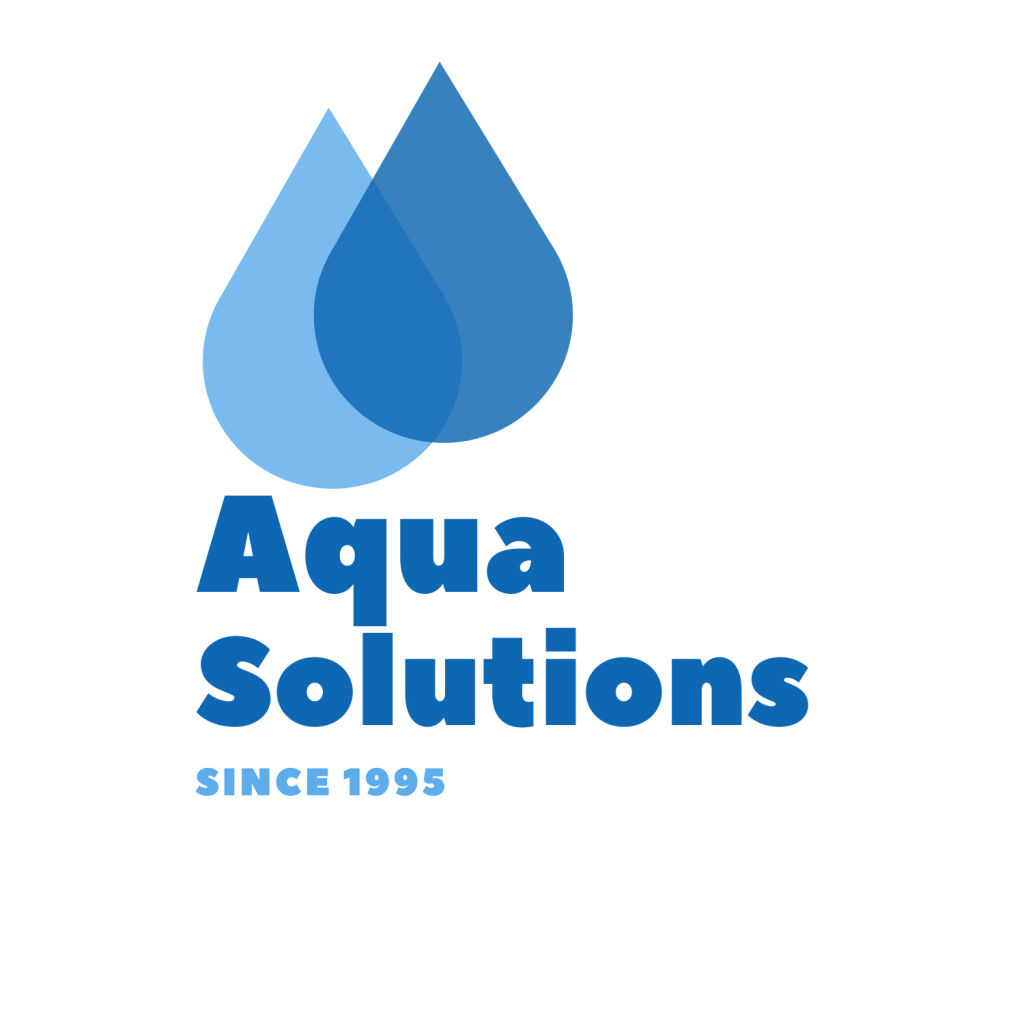
Author:
Gary Monks
Gary Monks has led Aqua Solutions since 1997, earning recognition as a water treatment expert with 25 years of experience. Renowned in Butler, he has won the Best Water Treatment award for three years and actively supports the community, including local sports and radio engagements.
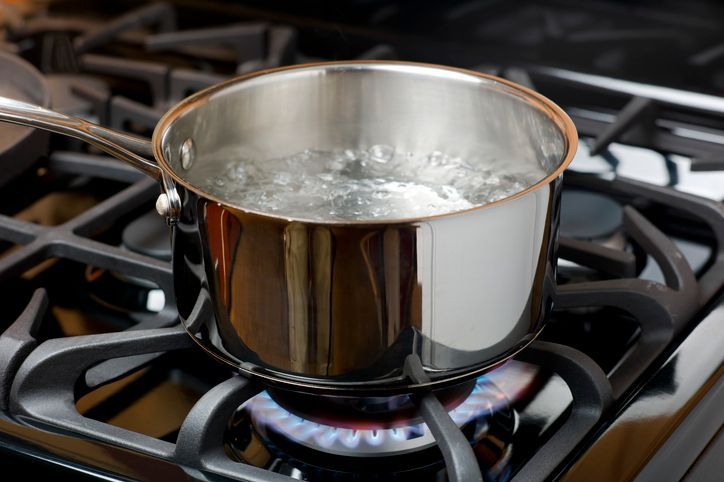
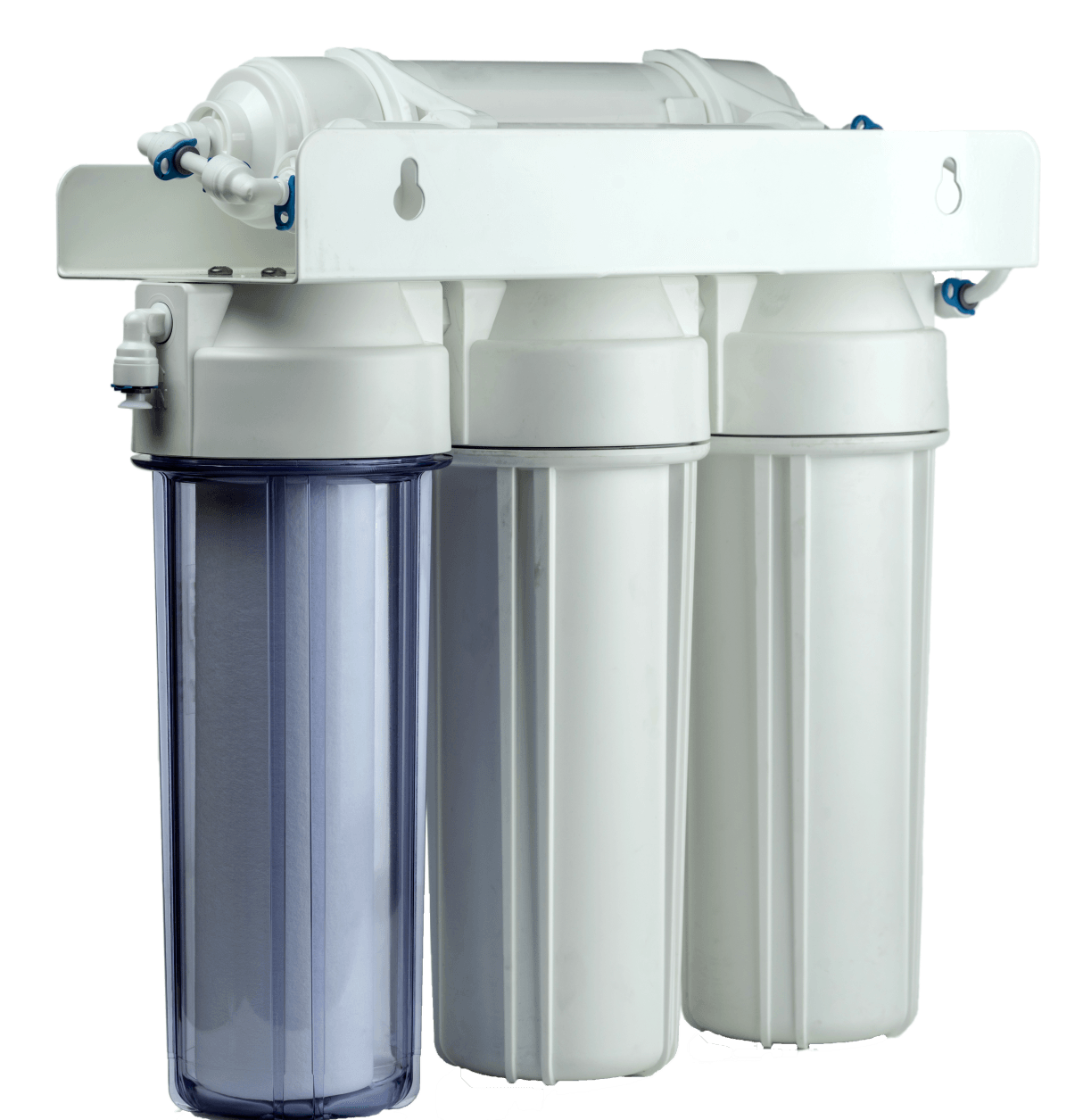
Get a Free Consultation Today!

All Rights Reserved | Aqua Solutions
